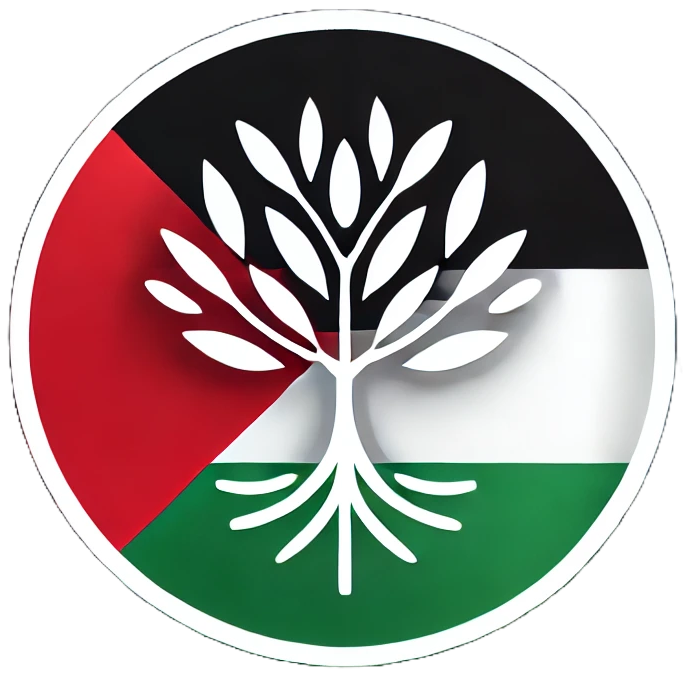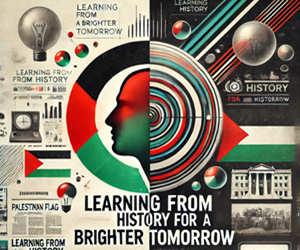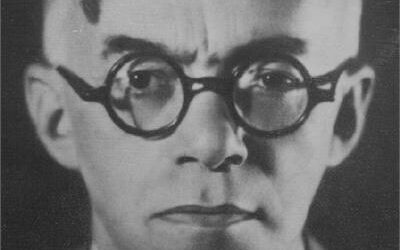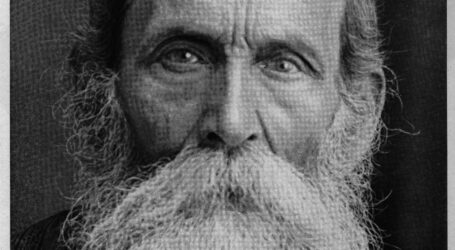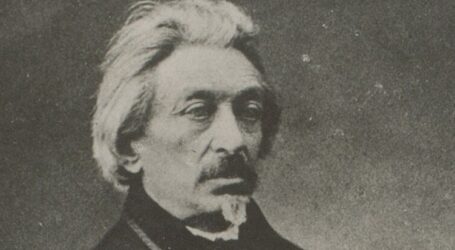Chaim Weizmann: Biography
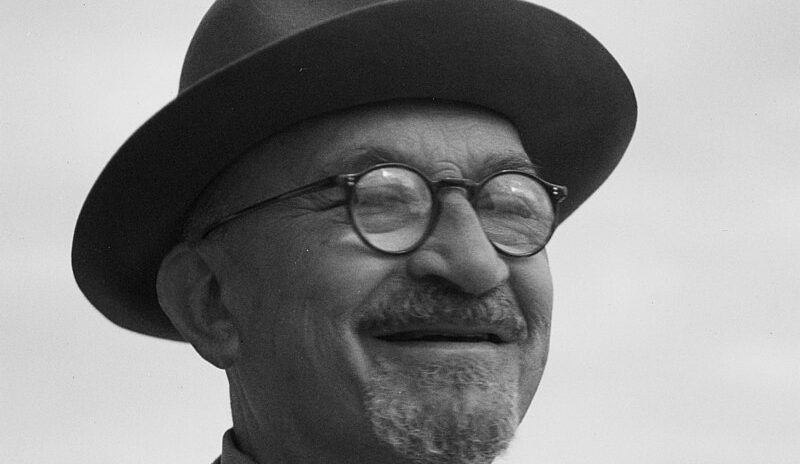
Chaim Weizmann
Born: November 27, 1874, Motol;
Died: November 9, 1952, Rehovot
Chaim Weizmann was an influential Zionist leader, scientist, and the first President of Israel who is recognized as a founder of Synthetic Zionism. Weizmann was born on November 27, 1874 in Motol. Early on, his parents stressed the importance of education to all their children including the young Weizmann who displayed a high aptitude in science. Russian universities during this period had mandated quotas for Jews. At 18 years old, he would leave Russia and continue his higher education in Germany and Switzerland where he pursued his degree in chemistry eventually earning his PhD at the University of Fribourg. He would teach chemistry at the University of Geneva and later settle down at the University of Manchester.
Chaim Weizmann’s displayed Zionist leanings from an early age. When he was 11 years old he wrote a note to his Hebrew teacher in Hebrew urging that Jewish people must return to Zion. As he grew older he continued his Zionist activism, where he grew in popularity in his opposition to Theodor Herzl especially in relation to the Uganda Scheme supported by British Colonial Secretary Joseph Chamberlain in establishing a home for Jews in Africa. He played an important role in the release of the Balfour Declaration that supported the establishment of a Jewish home in Palestine. He became President of the English Zionist Federation and three years later would become President of the World Zionist Organization.
Chaim Weizmann is recognized as the founder of Synthetic Zionism that came together at the Eight Zionist Congress in 1907. It was a combination of Political Zionism which was embodied by Zionists like Theodor Herzl and Practical Zionism. It’s main ideology was its combination of Political Zionism’s need to establish a Jewish homeland through foreign government support with Practical Zionism’s view that there needs to be a practical practice in immigration and settling the land as quickly as possible even without government support.
Weizmann would travel to places like Jerusalem and even Aqaba where he would meet and sign an agreement with Faisal that stressed freedom of religion, Muslim holy places shall be under Muslim control and:
- “Article IV: All necessary measures shall be taken to encourage and stimulate immigration of Jews into Palestine on a large scale, and as quickly as possible to settle Jewish immigrants upon the land through closer settlement and intensive cultivation of the soil. In taking such measures the Arab peasant and tenant farmers shall be protected in their rights, and shall be assisted in forwarding their economic development.
- Article VII: The Zionist Organisation proposes to send to Palestine a Commission of experts to make a survey of the economic possibilities of the country, and to report upon the best means for its development. The Zionist Organisation will place the aforementioned Commission at the disposal of the Arab State for the purpose of a survey of the economic possibilities of the Arab State and to report upon the best means for its development. The Zionist Organisation will use its best efforts to assist the Arab State in providing the means for developing the natural resources and economic possibilities thereof.”
Though Weizmann was well liked by British leaders, other Zionists accused him of being too accommodating towards them. He supported the partition of Palestine saying that “half a loaf was better than none” which enraged some Zionist activists. He would lose the Presidency of the World Zionist Organization after condemning attacks on British military officials by Jewish terrorist groups like Lehi (Stern’s Gang).
Though he lost the presidency, Weizmann served as the first President of Israel. Before serving in his official position he convinced the President of the United States Harry Truman to abandon its trusteeship of Palestine which would have put the establishment of Israel at risk and to abandon the plan to cut out the Negev from Israel. He also played a role in the granting of a $100 million loan from the United States to Israel and the recognition of the State of Israel by the United States.
Chaim Weizmann died on November 9, 1952 in Rehovot.
Sources:
